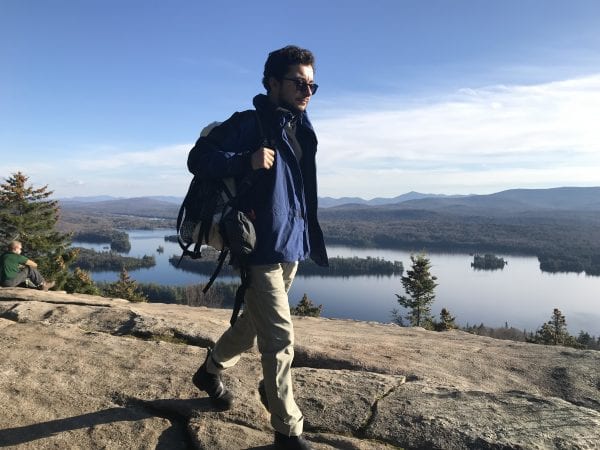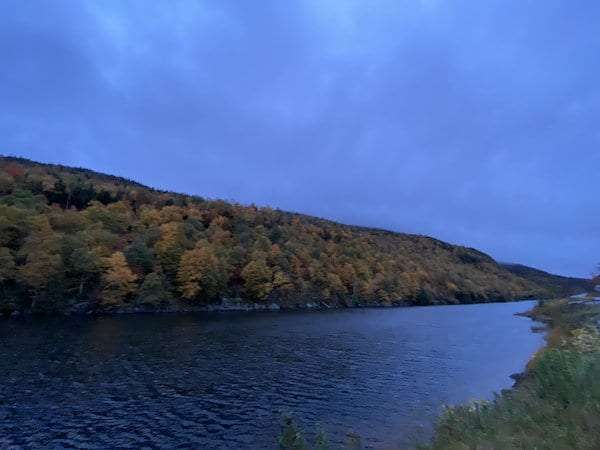
Seventeen years ago, a few weeks before I graduated high school, my local paper sent me to review a movie on water privatization for its weekend teen section.
The movie, “Thirst,” is a one-hour documentary by Deborah Kaufman and Alan Snitow about the global battle for water. I thought the movie fell flat in some places and left out important information, but it changed my life.
After I graduated college, I covered state politics in West Virginia for several years and then went to Washington, D.C. to cover the higher education industrial complex, my name for the businesses and people that make money off of college students.
But the movie stuck with me. As a long drought was settling over the southwestern United States, I started applying for jobs out West to write about what a major water shortage would mean in America. I remembered “Thirst” and had a fresher memory, of some 300,000 West Virginians, including my mother, who were told not to drink their water after a chemical — made by a former subsidiary of Eastman Kodak — spilled into the West Virginia Capitol region’s main water supply, the Elk River. In 2015, I got hired to cover water by a news organization in San Diego. When the Explorer wanted someone to write about water problems here, I was ready to move.

So, for the past six years, first in California and now in New York, I’ve been writing about the use and abuse of the nation’s waters — everything from the forces that drive up the cost of water in Southern California cities to the negligence that poisons water in the North Country.
Water maybe sounds like an odd beat for a journalist. Some people have asked if it’s too narrow. I don’t think so. One of the main researchers looking into the effects of climate change on water supplies in this country says, “Climate change is water change.” Whether it rains more or less, whether there’s a drought or a flood, whether crops can get suck up water before it evaporates — all that is on my beat, and all of that is about the economic and the future of human life on this planet. A pretty big beat, actually.
In the Adirondacks, some of the problems are less visible and pronounced than elsewhere— the headwaters of the Hudson River on Mount Marcy sure sound better and look cleaner than the Hudson as its runs into the industrial pollution downstate.
But, we’ve got our problems and, frankly, there’s nothing to suggest they’ll get any better anytime soon. Over the past year and a half, I’ve covered the rise of road salt use and the economic and public health dangers it poses across the North Country. I’ve looked at the effects of dams on wild salmon, of lax regulation on the quality of Lake George, and some of the threats to northern forest and its waters from climate change, even as the danger of acid raid recedes.
There’s a lot more to do, and that’s why I do what I do.
"explorer" - Google News
May 19, 2021 at 08:07AM
https://ift.tt/2T1EdgG
Water Beat: The Explorer is committed to finding out what's in our waters - Adirondack Explorer
"explorer" - Google News
https://ift.tt/2zIjLrm
Bagikan Berita Ini














0 Response to "Water Beat: The Explorer is committed to finding out what's in our waters - Adirondack Explorer"
Post a Comment